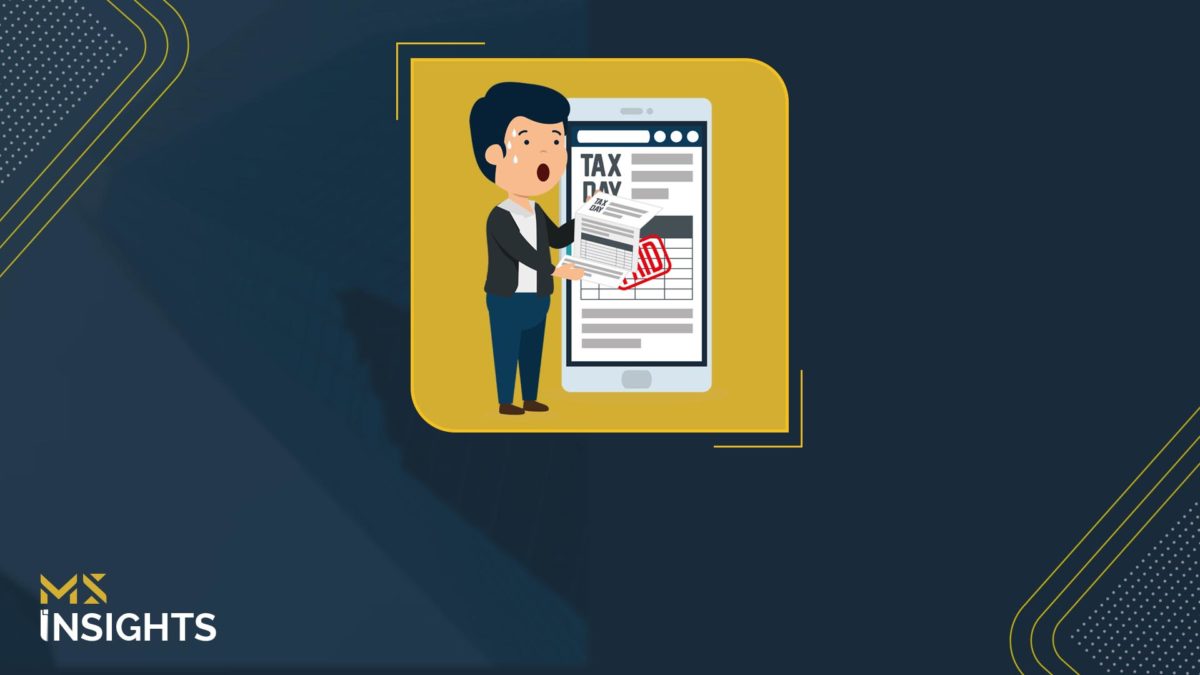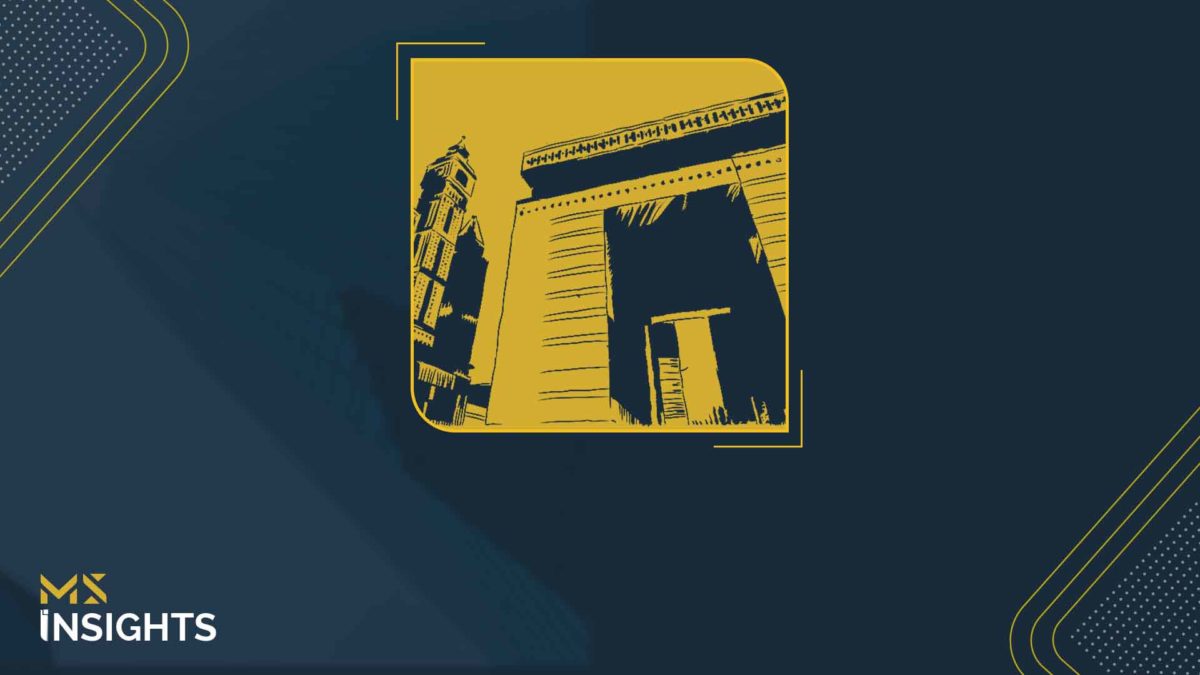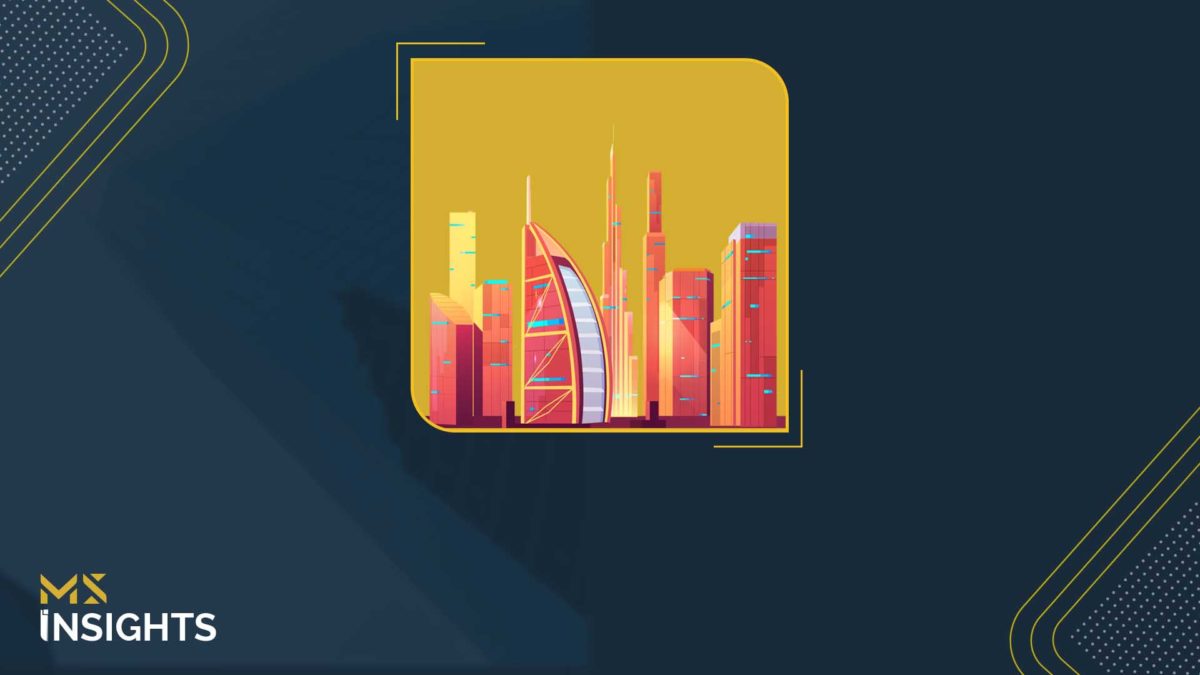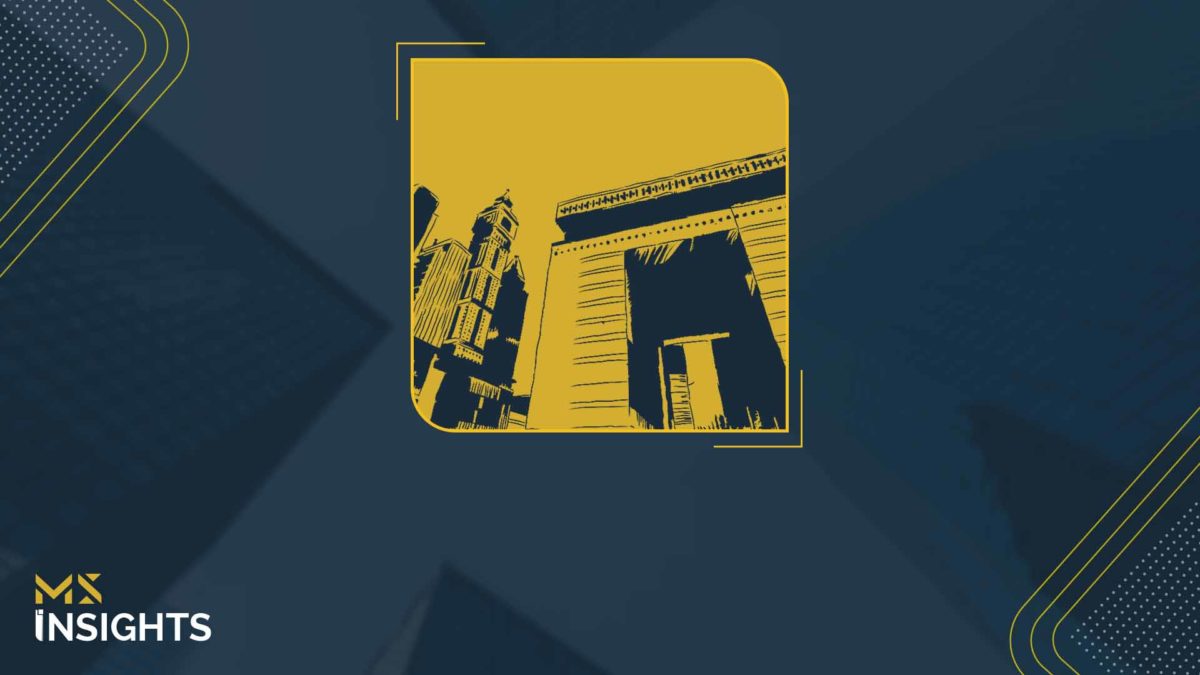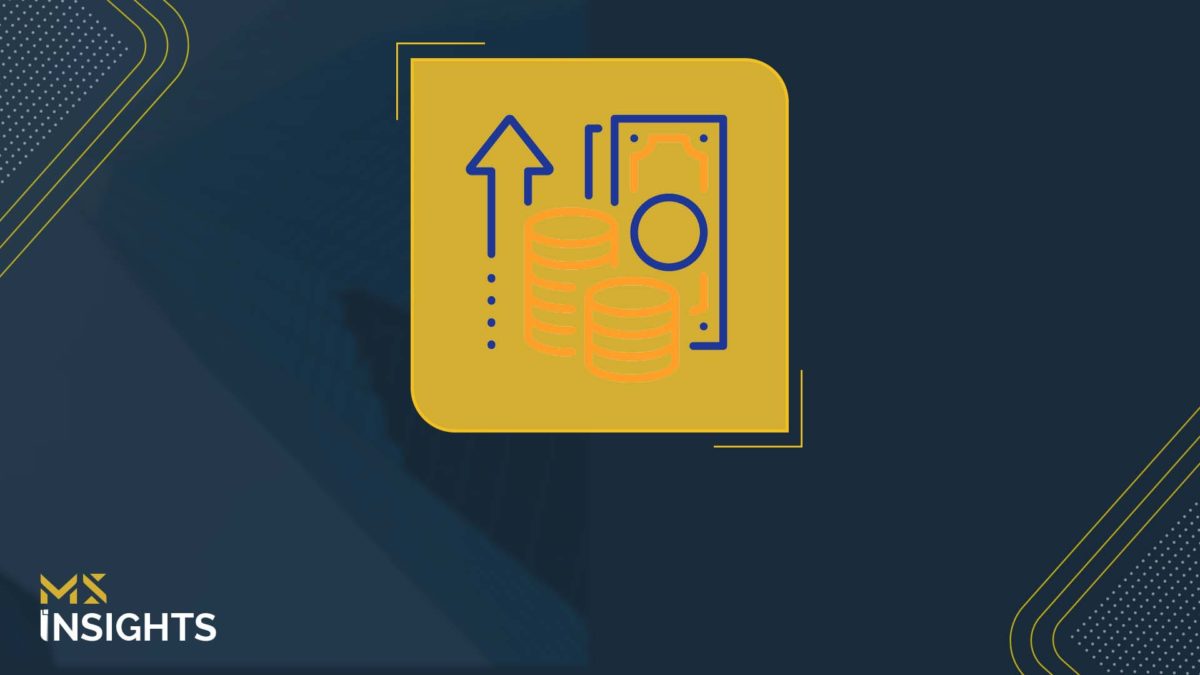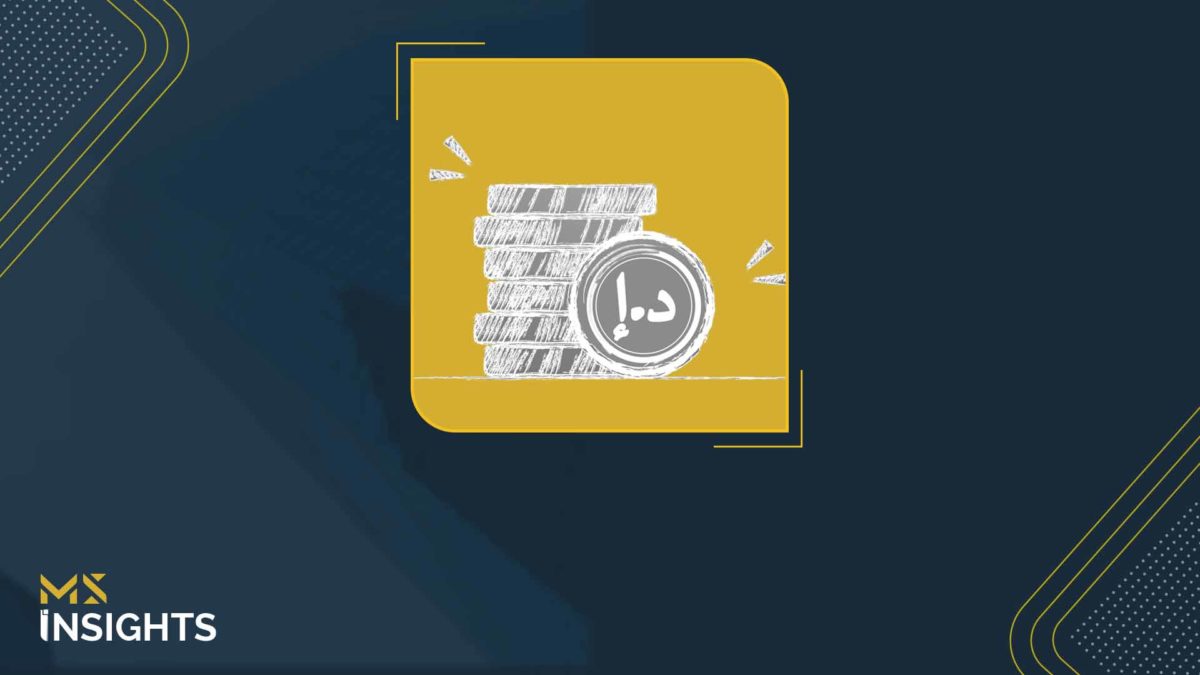The future of executive search is evolving. It’s no longer just about filling roles; it’s about finding leaders who align with an organization’s vision and are ready to drive success from day one. As businesses face new challenges and opportunities, the qualities of a great leader are being redefined in the future of executive search. Modern executive search demands a fresh approach—one that embraces technology, fosters diversity, and puts people at the centre of every decision.
Let’s explore the top eight trends that are setting the stage for the future of executive search.

1. Data-Driven Talent Hunting: The Smart Way to Recruit
Say goodbye to gut-feeling hiring! Data analytics is revolutionizing how companies find top talent. By using big data and predictive analytics, organizations can identify the perfect fit based on historical data, behaviors, and cultural alignment.
Case in Point: Microsoft has taken a data-driven approach to its executive search process, utilizing analytics to uncover traits linked to success in leadership roles. This strategy has not only shortened hiring times but has also improved retention rates, illustrating the power of data in modern recruitment.
2. AI Takes Over: Automating the Hunt for Leaders
From AI-driven tools that sift through resumes to virtual assistants that handle initial interviews, automation is speeding up the search process while reducing bias. The future of executive search will see AI doing more of the heavy lifting—giving companies a sharper edge in finding the best leaders without sacrificing quality.
Case in Point: Unilever has embraced AI in their hiring process, especially for executive roles. By using AI to analyze candidate videos and resumes, Unilever reduced hiring time by 75%, demonstrating how AI can make the recruitment process faster, more efficient, and more inclusive.
3. Diversity, Equity, and Inclusion: Beyond the Buzzwords
DEI is no longer optional—it’s a business imperative. Companies are prioritizing diversity to boost innovation and performance. Executive search firms are stepping up, employing new strategies to build diverse leadership pipelines and foster an inclusive hiring process that reflects today’s values and tomorrow’s needs.
Case in Point: IBM is at the forefront of DEI in executive search. The company’s global diversity strategy ensures that its leadership mirrors the diversity of its markets and clients. Through proactive searches for diverse candidates and unconscious biased training for recruiters, IBM sets a standard for inclusive hiring.
4. Remote Leadership: A New Kind of CEO
As remote and hybrid work becomes the new normal, companies are rethinking what makes a great leader. The ideal candidate now needs to excel at managing teams across digital platforms, fostering virtual collaboration, and driving engagement from afar. This trend is reshaping the competencies and skills in demand for top roles.
Case in Point: By prioritizing candidates who can drive innovation and engagement in a virtual environment, Twitter has successfully adapted to the demands of a remote-first company, attracting a more geographically diverse talent pool.
5. Employer Branding: Path to Attract Top Talent
Your brand speaks louder than ever. In a competitive market, a strong employer brand is key to drawing in top-tier candidates. Organizations that offer a compelling mission, a clear set of values, and a great culture are the ones that will capture—and keep—the attention of the best leaders.
Case in Point: Google’s robust employer branding and candidate experience strategy have set the benchmark in the industry. By focusing on transparency and engagement throughout the recruitment process, Google continues to attract some of the brightest minds in the world, securing its status as a top employer.
6. New Roles, New Skills: Digital Leaders for a Digital World
The digital age calls for new leadership roles—think Chief Data Officers, Chief Innovation Officers, and beyond. Tomorrow’s leaders must be agile, tech-savvy, and strategic thinkers. As these roles evolve, so must the search strategies to ensure organizations are ready for what’s next.
Case in Point: Salesforce has pioneered the creation of roles tailored to the digital world. By focusing on recruiting executives with deep digital expertise, Salesforce ensures that its leadership team is well-equipped to navigate the complexities of digital transformation.
7. Beyond Resumes: Psychometric and Behavioral Assessments are In
Want to find out who can handle stress, make tough decisions, and thrive under pressure? Psychometric and behavioral assessments are becoming must-have tools in executive search. These assessments offer deep insights into a candidate’s potential, helping companies make smarter, more informed hiring decisions.
Case in Point: BP has integrated psychometric and behavioral assessments into its executive hiring process. By evaluating candidates’ decision-making styles and stress management abilities, BP ensures that it hires leaders who are not only competent but also align with the company’s culture and long-term goals.
8. The Human Touch: Building Real Connections in a Digital World
Despite all the tech advancements, human connection remains at the heart of executive search. Building trust, showing empathy, and creating meaningful relationships are what attract and retain top talent. It’s not just about algorithms; it’s about authentic engagement.
Case in Point: Salesforce also exemplifies a human-centric approach to recruitment. Their “people-first” strategy, which emphasizes relationship-building and regular communication, has resulted in higher candidate engagement and satisfaction, proving that the human touch is irreplaceable.
Embrace Visionary Leadership for a Better Future of Executive Search
As the future of executive search shifts from simply filling positions to finding visionary leaders, staying ahead of these eight game-changing trends is essential. Embrace data-driven insights, AI innovation, and a strong commitment to DEI and remote leadership to redefine how you discover and attract top talent. By focusing on employer branding, new digital roles, psychometric evaluations, and maintaining the human touch, you’ll ensure your leadership team is not just equipped for today, but ready to drive your organization’s success tomorrow.
MS for Transforming the Future of Executive Search
At MS, we are dedicated to redefining the future of executive search in the UAE by integrating innovative solutions and forward-thinking strategies. Our approach focuses on finding visionary leaders who can drive your organization’s success. By leveraging advanced technology and maintaining a commitment to diversity and inclusion, we ensure that our search aligns with your strategic goals. Let us help you build a leadership team that is prepared for the future and ready to lead your organization to new heights.



